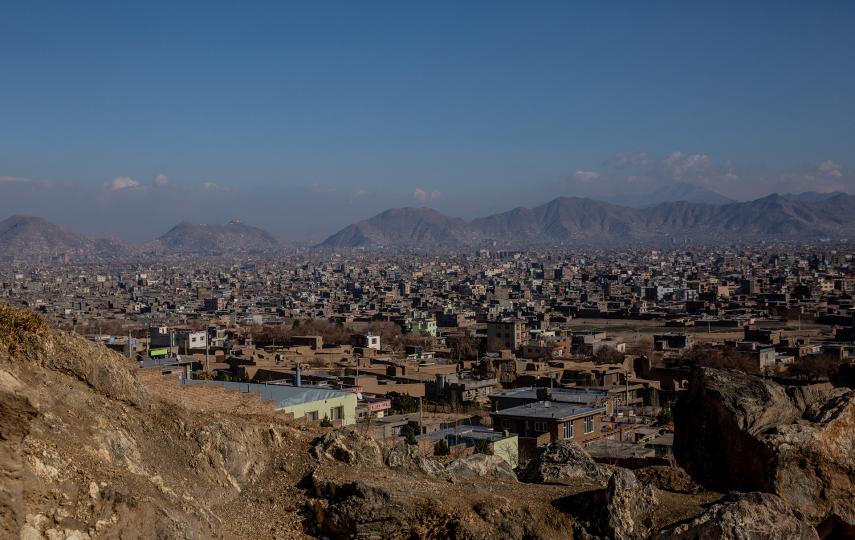SULAYMANIYAH
Pressured by Iraqi insurgents who see them as US collaborators, or caught in the crossfire between Coalition forces and local militias, Iraqi Kurdish families continue to flee their homes in the Sunni Arab cities of Fallujah, Ramadi, Samarrah and
Baquba in central Iraq for the Kurdish-controlled north.
By August, according to statistics collected by the local department of the northern governorate of Sulaymaniyah's Ministry of Human Rights, 396 families - 3,771 people - had arrived in the Kurdish town of Kalar alone.
The same departments reported that 209 families had sought refuge in Khanaqin, a majority-Kurdish town 60 km to the south.
No concerted effort has been made to count families who have fled north to Arbil due to a lack of presence of international aid agencies because of insecurity, though officials in the city say they number in the hundreds.
The bulk of displacements occurred in April and May, at the height of Coalition-led assaults on Fallujah. But Dilshad Kerim, a senior official in Kalar's office for humanitarian affairs, told IRIN that tens of families had arrived since August.
"They decided to sit out the first storm, but the continued insecurity down there has been too much for them," he said.
Many of the families had been forced to move to central Iraq by the central government, following the failure of the Kurdish uprising in 1975. Others, like Samira Yaqub, had left the north in the early 1990s to find work.
"We lived in the industrial district on the northern edge of Fallujah, where my husband was a guard at one of the factories," she told IRIN in Kalar. "We stayed through the American attack, even though our area was on the front line, but left in June after a series of threats from the insurgents."
Like many of the displaced families, Yaqub has relatives in Kalar district. For three months, she, her husband and eight children stayed with her sister in Smood, a collective town 20 km north of Kalar built by the former regime to house families evicted from outlying villages.
The family is now living in the office of a gravel pit on the outskirts of Kalar. "The owner was happy to lend it to us because there's no work going on here at the moment," she explained. "But he warned us we would have to leave as soon as he started things up again."
Most families are now renting houses from friends and relations. But all suffer from the very high levels of local unemployment.
"My husband was a taxi driver in Ramadi," said Fawziya Nuri. "There's no room for another taxi driver here."
Some of the men have decided to return to their jobs in central Iraq, leaving their wives and children in safety in the north.
All families registering with the local authorities have been provided with emergency supplies of blankets and cooking gas. But officials in the north can do nothing to solve the complex bureaucracy surrounding Iraq's education system.
To change schools, children need to be able to show papers from their former teachers confirming that they have completed so many years of studies - documents that many families either forgot or didn't have time to pick up.
"The new school term has started and my children are sitting around here," complained Yaqub. "For the moment, it's just too risky to go back down to Fallujah."
This article was produced by IRIN News while it was part of the United Nations Office for the Coordination of Humanitarian Affairs. Please send queries on copyright or liability to the UN. For more information: https://shop.un.org/rights-permissions




